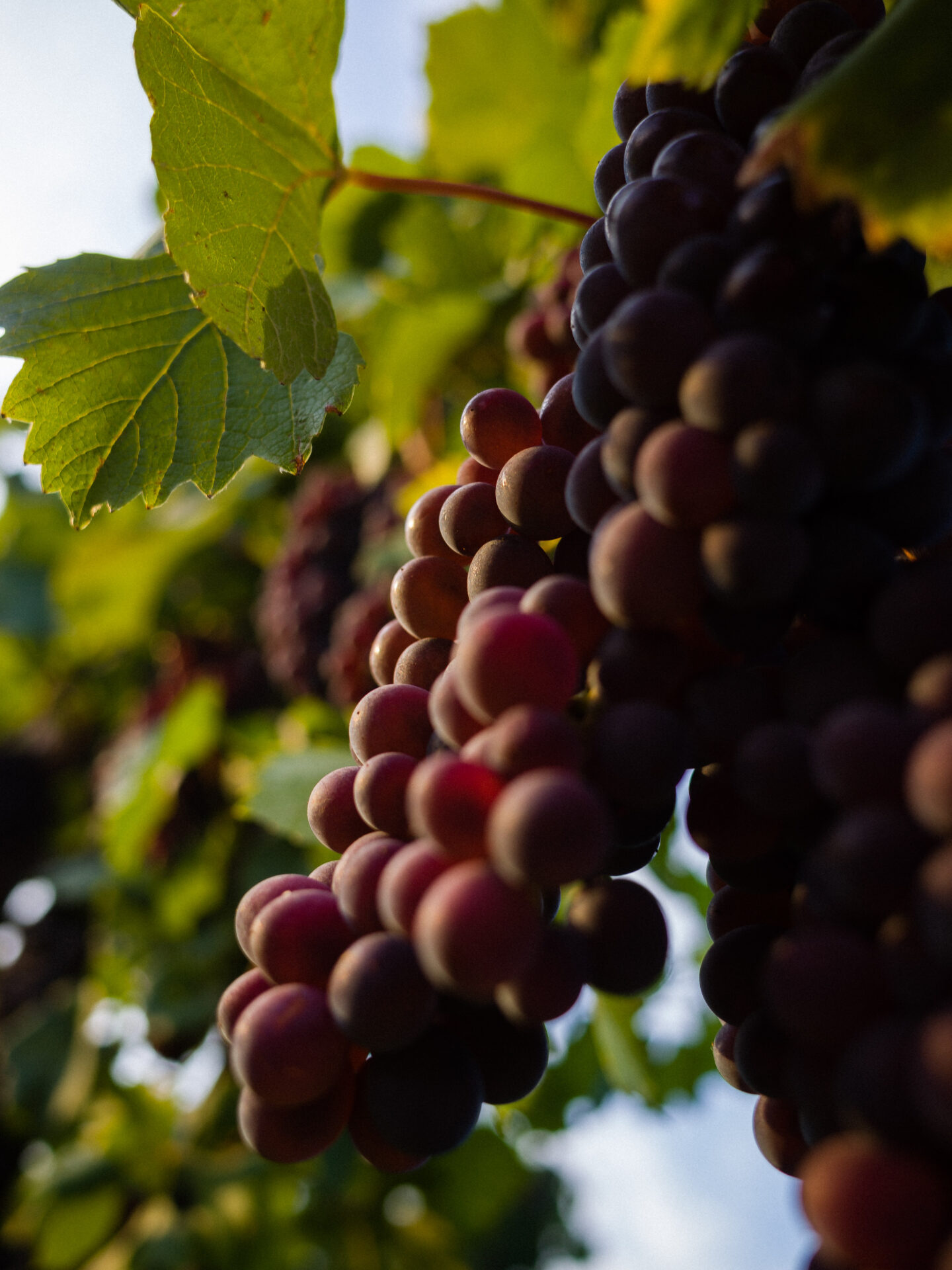The Bioregion as a place for Transformative Economies
Presentation by Nadia Carestiato
Since the late 1970s, the environmental and social consequences of capitalism and the free market have sparked new thinking and practices aimed at creating more holistic approaches to territorial development. These approaches focus on the “reappropriation” of living spaces by citizens. The bioregionalist perspective emphasizes that this shift must involve the ecological re-territorialisation of areas, rooted in the appreciation of territorial heritage—comprising resources, both material and immaterial, and the social bonds formed over time through long-term processes.
In this view, a bioregion is more than just a geographical space; it is a “place of consciousness” and a “territory of life,” defined not by administrative borders but by natural and socio-cultural boundaries shaped by the area’s key ecological and relational dynamics.
The Solidarity Economy finds its place within this framework, promoting the active participation of local communities in their environments. It seeks to rebuild the reciprocal relationship between humans and their territories, where communities take initiative, mobilize their own support networks, and organize activities based on principles of solidarity between human and non-human life.

